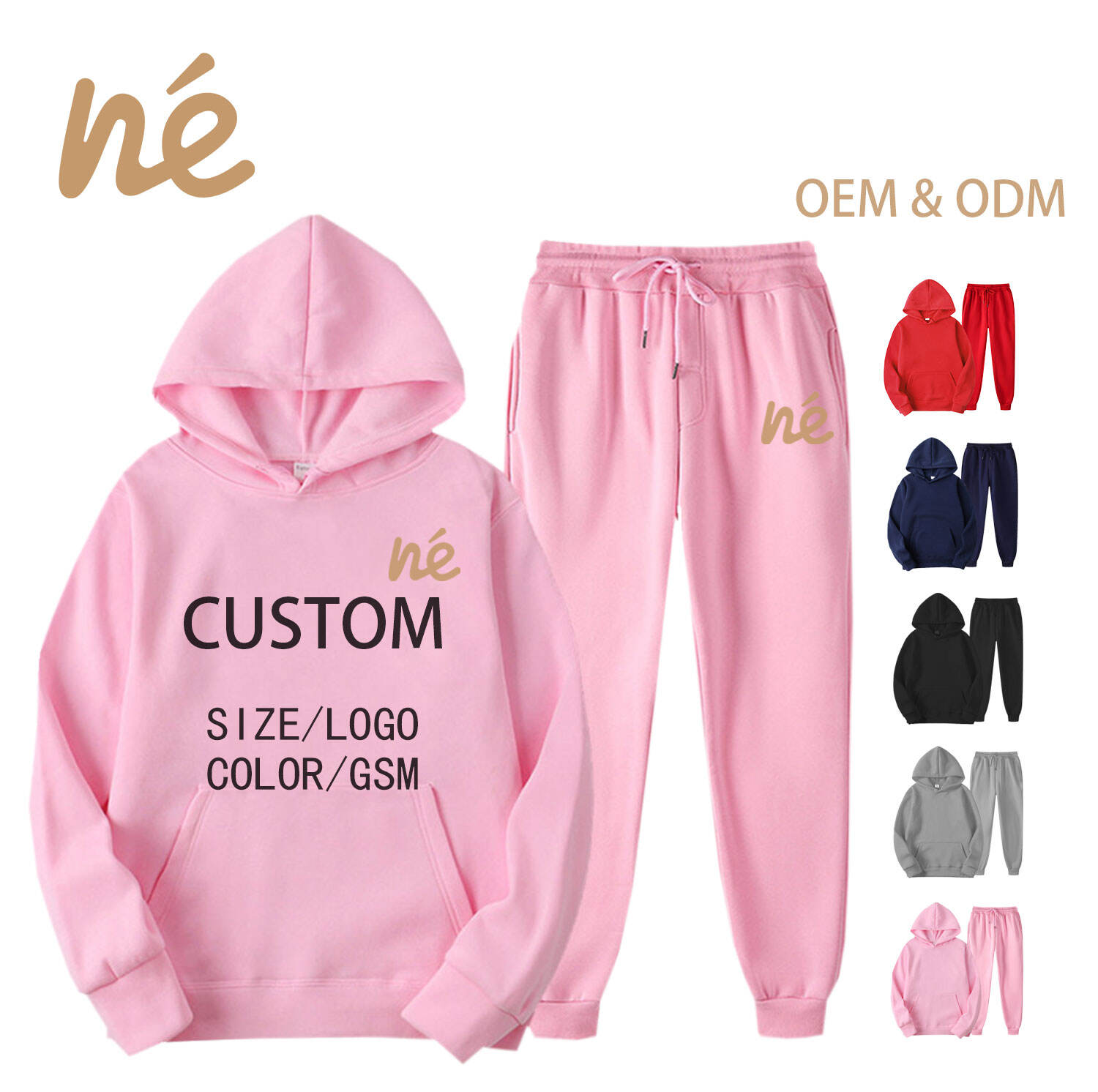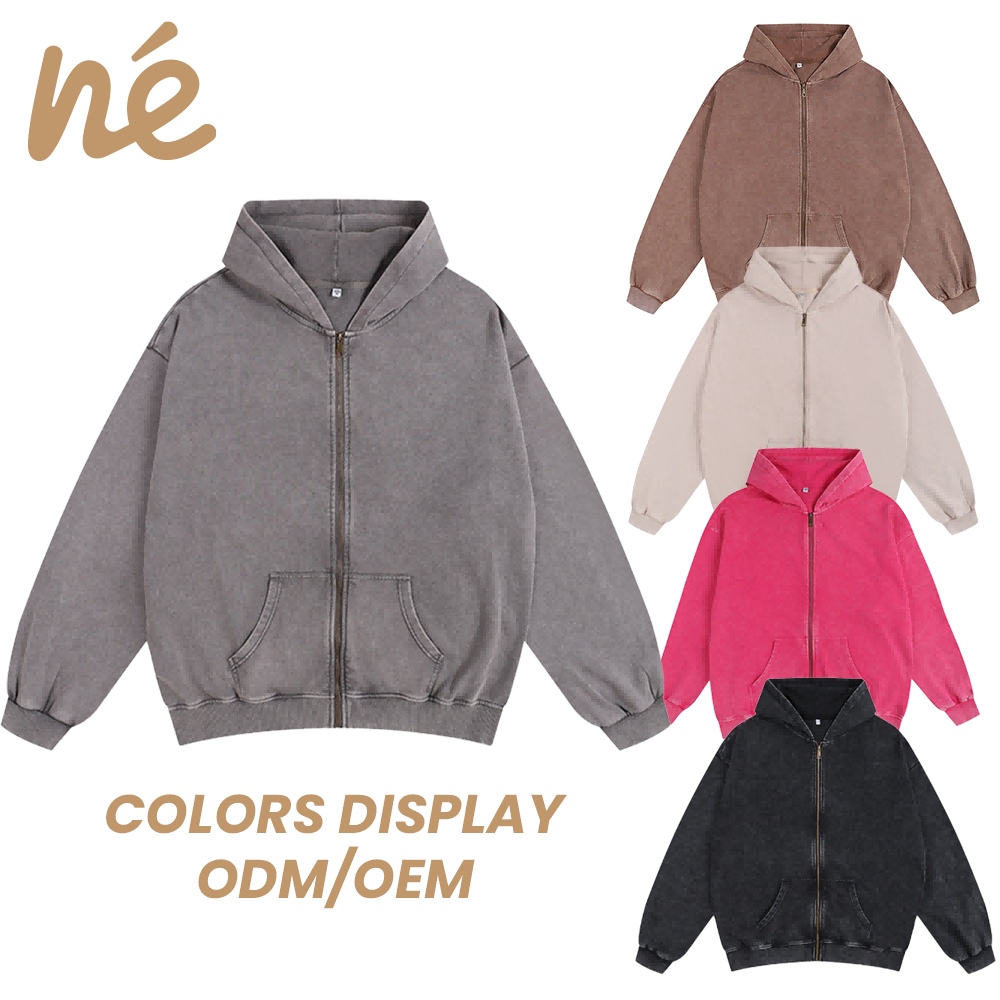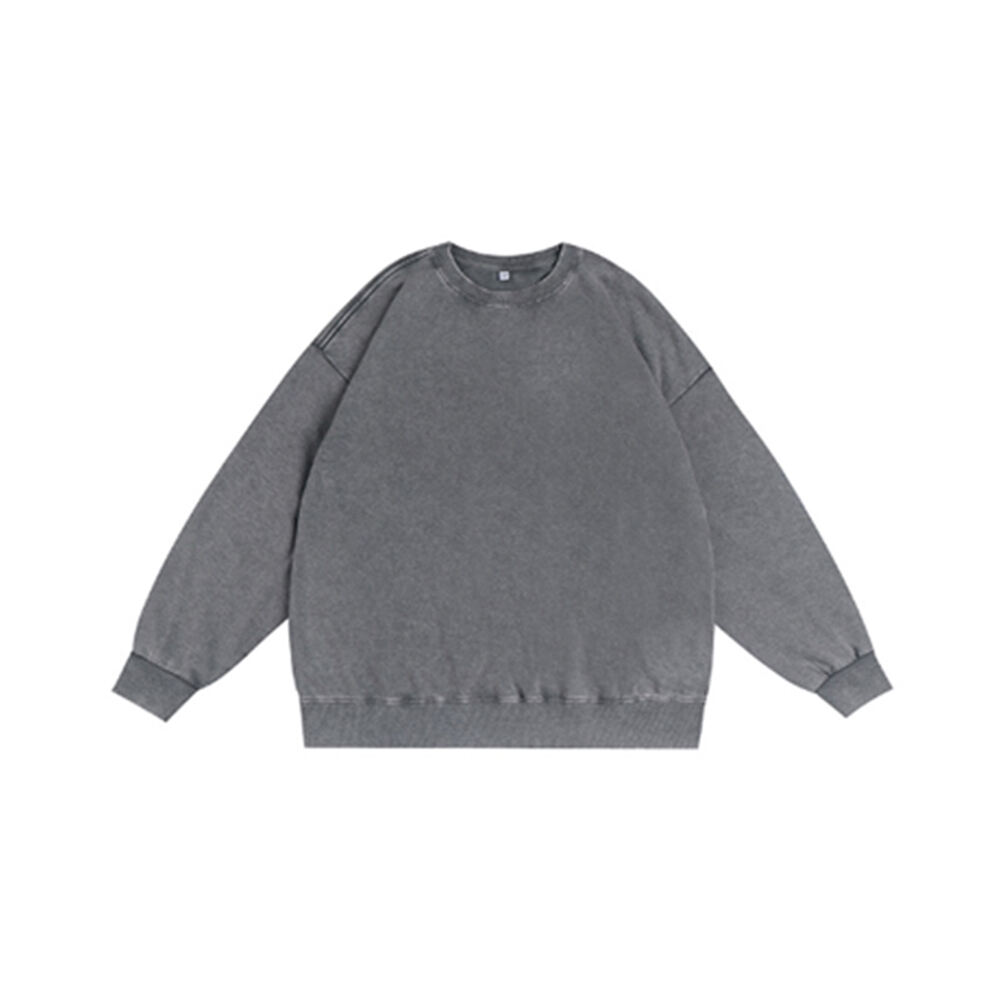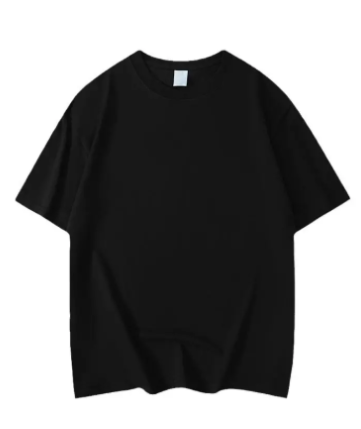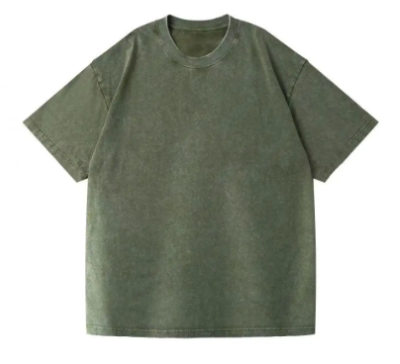oversized t shirt manufacturer
An oversized t-shirt manufacturer specializes in producing high-quality, comfortable garments that cater to the growing demand for relaxed-fit fashion. These specialized facilities combine advanced textile technology with precision manufacturing processes to create t-shirts that offer both style and comfort. The manufacturing process involves careful selection of premium materials, typically including high-grade cotton blends that ensure breathability and durability. State-of-the-art cutting and sewing equipment enables precise sizing specifications that maintain consistency across production runs. Modern printing and dyeing facilities allow for versatile design applications, while quality control systems ensure each garment meets strict standards. The manufacturer typically employs computer-aided design (CAD) systems for pattern making and automated cutting machines for efficient production. Advanced fabric treatment processes enhance the material's properties, such as pre-shrinking and softening treatments. The facility's production line is designed to handle large volumes while maintaining quality, with specialized stations for cutting, sewing, printing, quality inspection, and packaging. Environmental considerations are often integrated into the manufacturing process, including water recycling systems and eco-friendly dye options.


